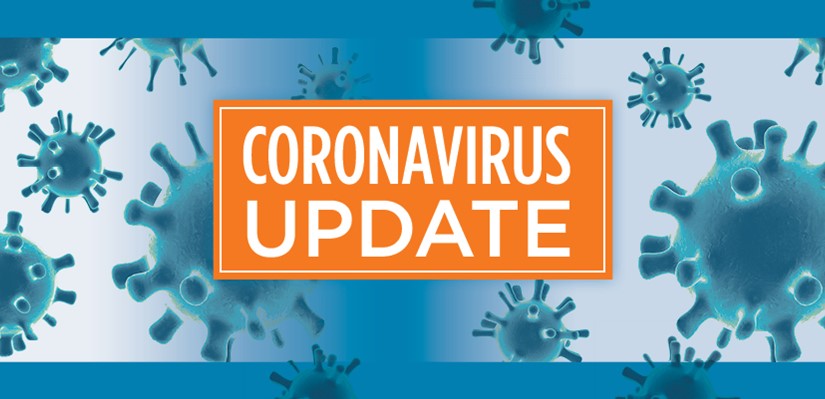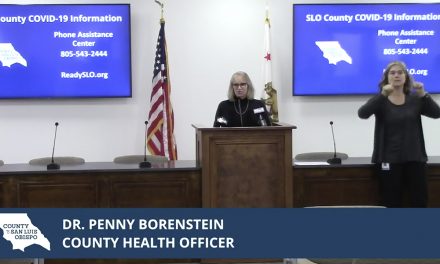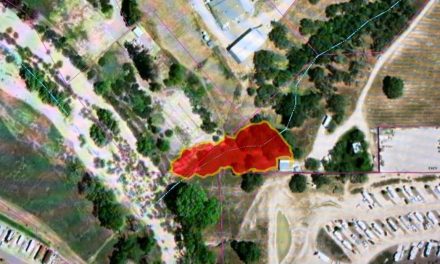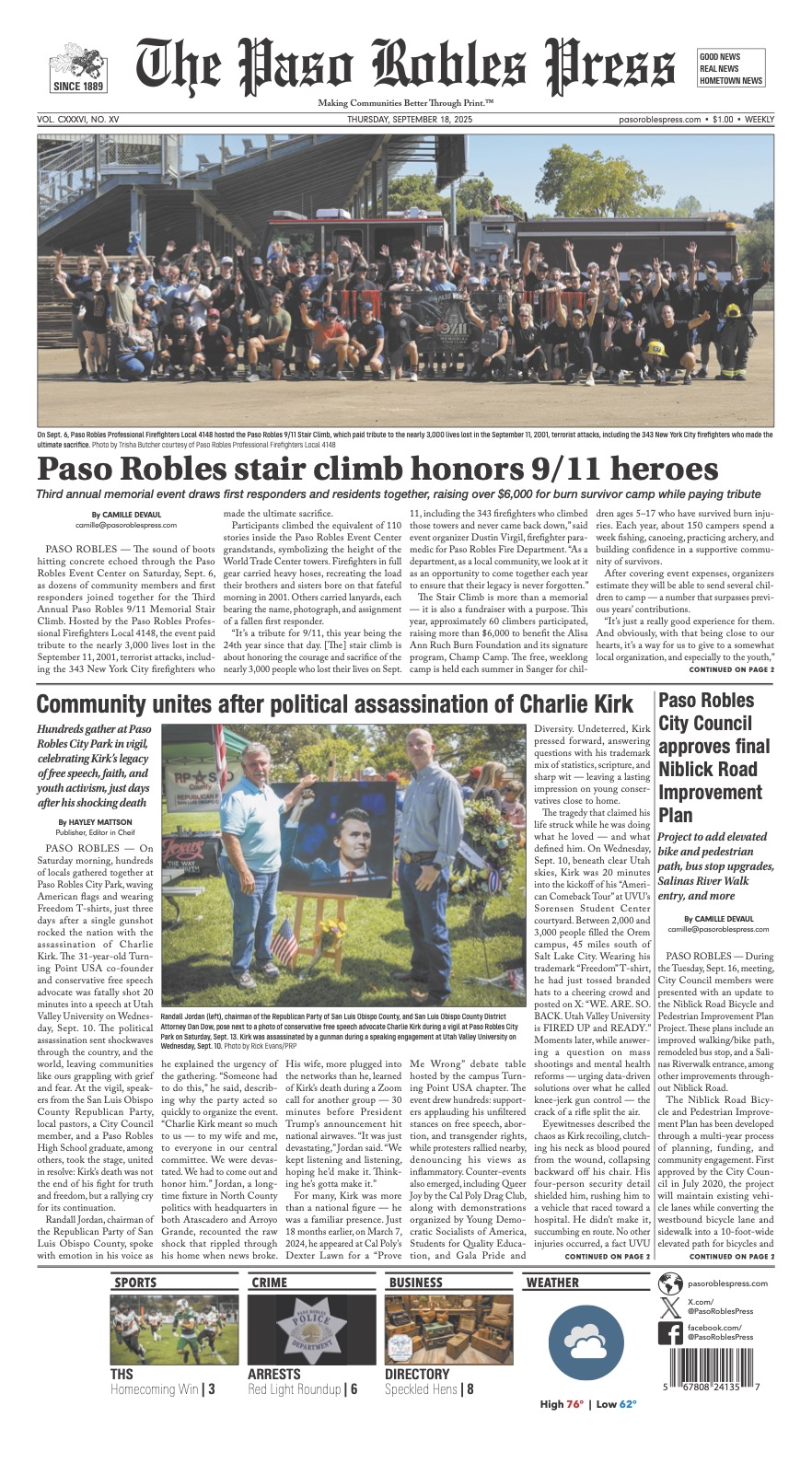Evidence suggests that it is potentially more transmissible, however, not more deadly
SAN LUIS OBISPO — The San Luis Obispo County Health Officials reported that 129 new cases of COVID-19 were confirmed in San Luis Obispo County over the past week, including nine caused by the highly-transmissible Delta variant.
According to a report released by the Centers for Disease Control (CDC) on Jul. 9, the SARS-CoV-2 B.1.617.2 (Delta) variant emerged in India and is currently widespread. Evidence suggests that it is potentially more transmissible than other variants; however, not more deadly.
Research shows that most viruses multiply into other variants.
According to the CDC, viruses constantly change through mutation, and new variants of a virus are expected to occur. Sometimes new variants emerge and then disappear. Other times, new variants persist. Multiple variants of the virus that causes COVID-19 have been documented in the United States and globally throughout the last year.
Viruses constantly change and become more diverse. Scientists monitor these changes, including changes to the spikes on the surface of the virus. By carefully studying viruses, scientists can learn how changes to the virus might affect how it spreads and estimate how sick people will get from it.
Since the SARS-CoV-2 is still so new and research and testing are still being done, all cases are the current case studies at this point.
The CDC states if you think about a virus as a tree growing and branching out, each branch on the tree is slightly different than the others. By comparing the branches, scientists can label them according to the differences. These small differences, or variants, have been studied and identified since the beginning of COVID.
Some variations allow the virus to spread more easily or make it resistant to treatments or vaccines. Those variants will be monitored more carefully.
Because not all cases are sequenced to determine their strain, officials say the actual number of Delta variant cases could be higher. The Delta variant now represents more than 49 percent of cases sequenced in California, and according to the CDC, that is to be expected.
“The Delta variant spreads more quickly and easily than other strains of COVID-19, but we each have the power to stop its spread here in SLO County,” said Dr. Penny Borenstein, County Health Officer.
Three SLO County residents are currently hospitalized with COVID-19, including one in the ICU; no information has been released if these individuals were vaccinated or not.
The CDC is monitoring multiple variants; currently, there are four notable variants in the United States:
B.1.1.7 (Alpha): This variant was first detected in the United States in December 2020. It was initially detected in the United Kingdom.
B.1.351 (Beta): This variant was first detected in the United States at the end of January 2021. It was initially detected in South Africa in December 2020.
P.1 (Gamma): This variant was first detected in the United States in January 2021. P.1 was initially identified in travelers from Brazil, who were tested during routine screening at an airport in Japan in early January.
B.1.617.2 (Delta): This variant was first detected in the United States in March 2021. It was initially identified in India in December 2020.
These variants seem to spread more easily and quickly than other variants, which may lead to more cases of COVID-19.
The California Department of Public Health recently reported that out of more than 20.4 million fully vaccinated individuals, 99.95 percent have not become ill from COVID-19. Local officials say this trend holds true in SLO County.
For updates on COVID-19 in SLO County, visit ReadySLO.org or call the recorded Public Health Information Line at (805)788-2903.
Phone assistance is available at (805)781-5500 Monday through Friday, from 8 a.m. to 5 p.m. to assist with questions related to COVID-19. For more information on COVID-19 vaccine and to make an appointment, visit RecoverSLO.org/Vaccine.














